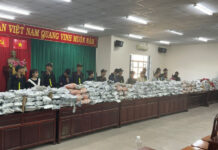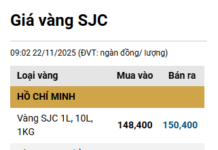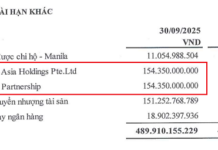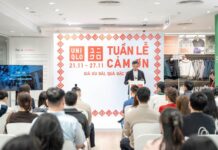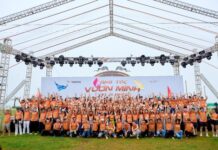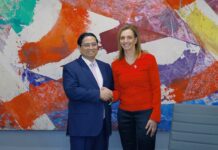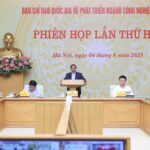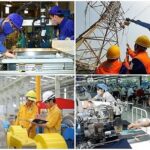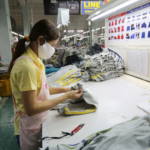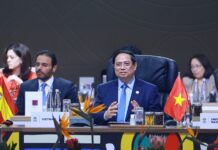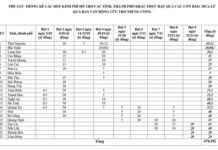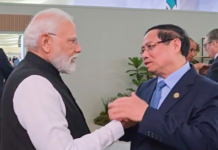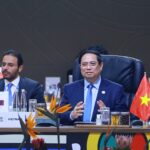Dassault Systèmes and the National Innovation Center of Vietnam (NIC) recently joined forces to host an exclusive Business Leaders Forum. With a keen focus on fostering Vietnam’s semiconductor ecosystem, the event convened over 50 senior leaders from the semiconductor, high-tech, government, and academic sectors to accelerate the country’s ambitions through digital innovation, talent development, and strategic collaborations.
Held at the InterContinental Hanoi Westlake, this business forum served as a strategic platform for a multi-stakeholder dialogue on Vietnam’s aspirations to achieve self-sufficiency in chip design, manufacturing, and testing by 2027, while solidifying its position as a significant player regionally and globally.
In his opening remarks, Dr. Vo Xuan Hoai, Deputy Director of the National Innovation Center (NIC), highlighted that Resolutions 57-NQ/TW and 1131/QD-TTg signify Vietnam’s commitment to mobilizing resources, policies, and collaborative partnerships to lay the foundation for a knowledge-based and high-tech economy. These resolutions identify 11 strategic technology groups and 35 strategic technology product groups as national development priorities.
“Today’s event is of particular importance as it brings together leaders from government agencies, businesses, and educational institutions to exchange visions and work together to realize these strategic orientations,” said Dr. Hoai.
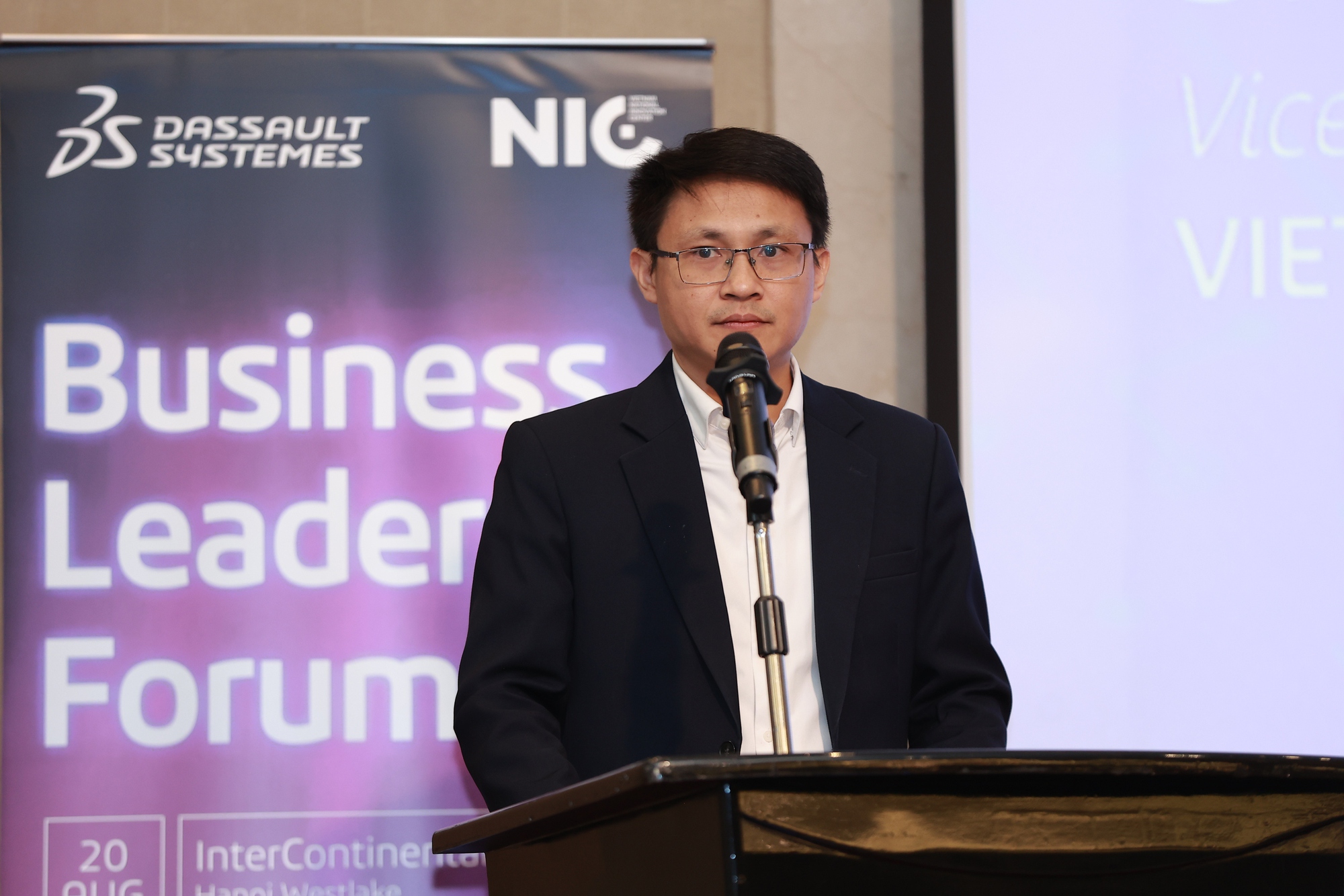
Dr. Vo Xuan Hoai, Deputy Director of the National Innovation Center (NIC)
Providing an update on NIC’s current focus, Dr. Hoai mentioned that the center is concentrating on developing artificial intelligence and semiconductors, which are two crucial pillars in digital transformation. In just a few days (August 25), the center will announce plans to establish an innovation network in quantum, cybersecurity, aerospace, and unmanned aerial vehicle sectors.
“This is not just a story about technology, but also about people, talent, and the future of Vietnam’s young generation,” affirmed Mr. Hoai.
The forum also witnessed a collaboration agreement between Dassault Systèmes and Viettel AI, underscoring their shared determination to build a strategic technology ecosystem for Vietnam.
This partnership emphasizes the importance of talent development, aligning with the Vietnamese government’s goal of training 50,000 semiconductor engineers by 2030. It exemplifies a long-term vision for cultivating creative resources ready to deeply engage in the global value chain, sustaining high-tech growth, and gradually establishing Vietnam as an attractive destination for international technology corporations.
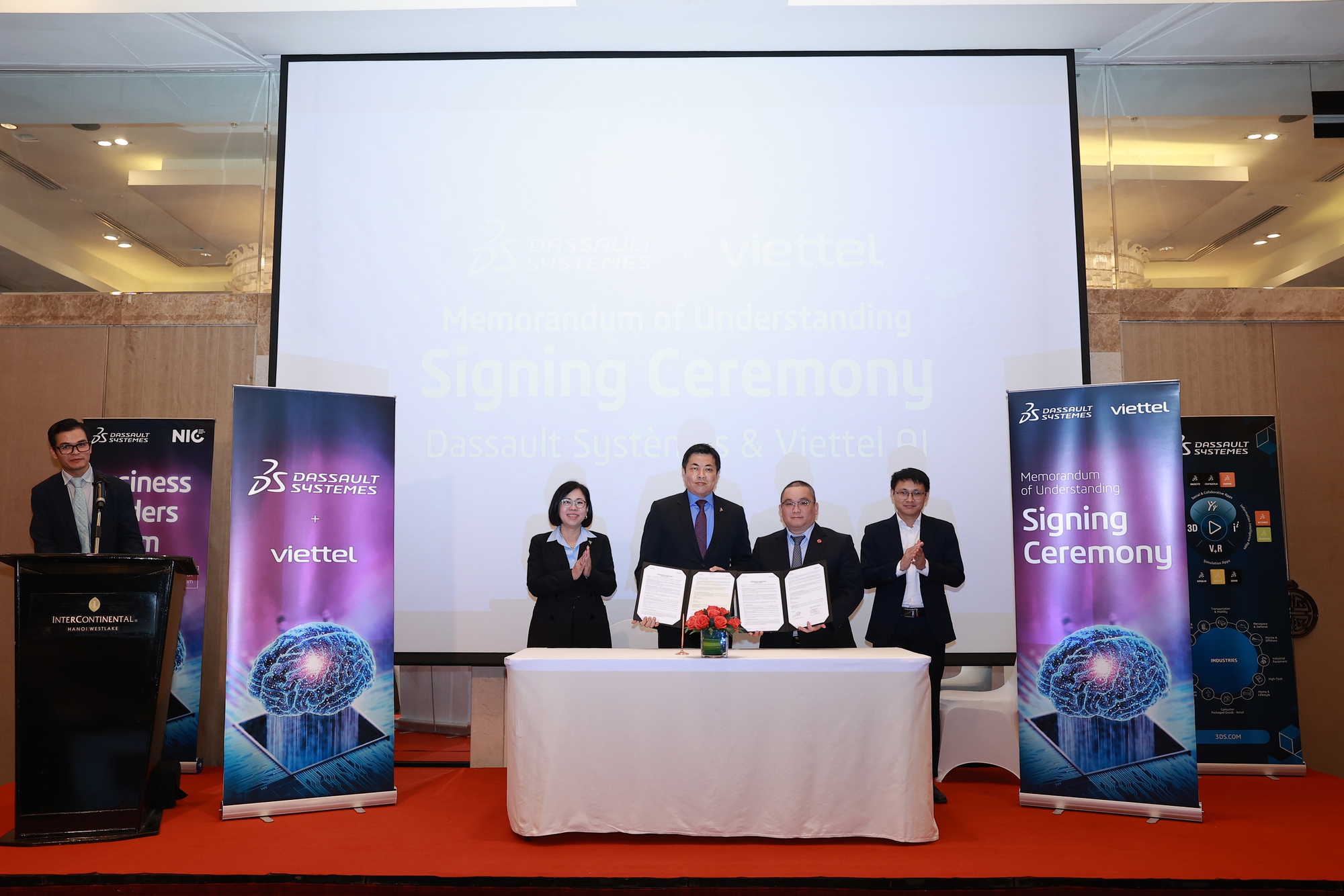
Collaboration agreement between Dassault Systèmes and Viettel AI
Leveraging Vietnam’s Position in the Global Value Chain
The forum’s discussions centered on boosting the semiconductor ecosystem through AI-driven innovation, addressing industry challenges, and harnessing virtual twin technologies. Other important topics included data-driven manufacturing and co-optimizing semiconductor factory technologies (FTCO), along with strategies for developing a future-ready workforce. In-depth insights from experts and regional case studies contributed to strengthening Vietnam’s global competitiveness.
Regarding the semiconductor industry, Mr. Venkat Srivatsn Balasubramanian, Director of Industrial Process Consulting at Dassault Systèmes, shared that the design, manufacturing, assembly, testing, and packaging of microcircuits often occur in different geographical regions worldwide. The production process involves over 1,000 steps and typically crosses international borders more than 70 times before reaching the end customer. The pandemic caused an unprecedented chip shortage, disrupting the EU’s production capabilities, notably in the automotive sector.
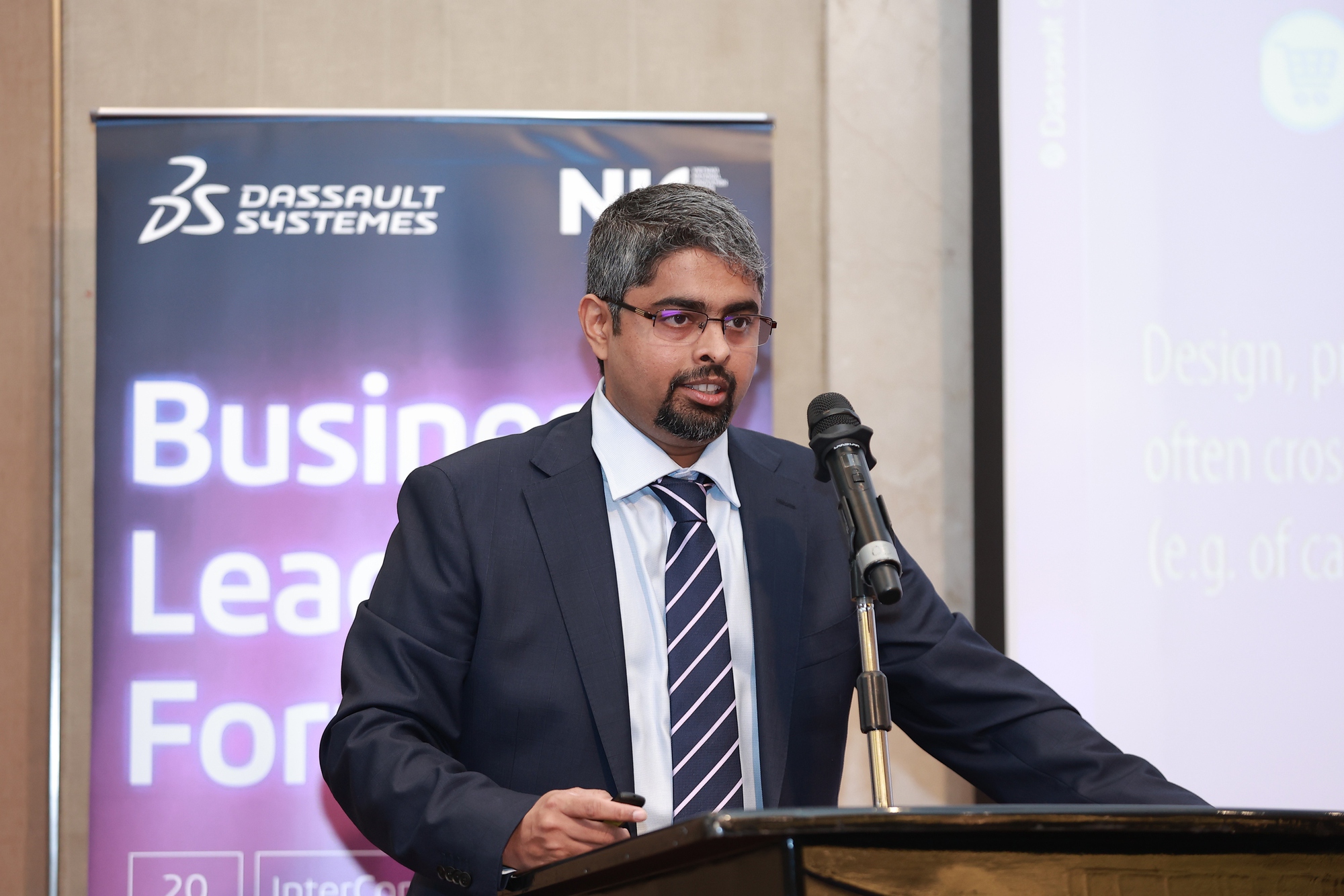
Mr. Venkat Srivatsn Balasubramanian, Director of Industrial Process Consulting at Dassault Systèmes
Dassault Systèmes is now capable of simulating most semiconductor manufacturing processes, from deposition and lithography to ion implantation, cleaning, and mechanical polishing. These simulations are validated by years of experience and global collaborations, providing a solid physical foundation for building accurate predictive models.
Mr. Samson Khaou, Senior Vice President for Asia-Pacific at Dassault Systèmes, provided an example of 3D IC and high-bandwidth memory (HBM). In the past, simulations were often performed discretely, separated into multiple steps from CAD design to pre and post-processing, and then computation on HPC systems, making optimization time-consuming. With this approach, engineers can explore the entire design space from the early stages instead of testing only a limited number of options.
More importantly, Dassault Systèmes has combined simulation with artificial intelligence. “By simply changing design or process parameters, the system immediately provides feedback on the impact on product quality, while all the complexities of modeling, format conversion, or result processing are automated by AI,” he explained.
However, building effective AI models requires data, and in the semiconductor industry, data is highly confidential and challenging to share. The solution lies in leveraging virtual twins to automatically generate synthetic data for AI training. According to Mr. Khaou, the combination of modeling, simulation, and AI will be the lever for Vietnam to catch up and deepen its participation in the global value chain.
From a diplomatic perspective, Ms. Marie Keller, Chargé d’Affaires a.i., Embassy of France in Vietnam, reaffirmed that innovation has always been a key priority in the French-Vietnamese cooperation policy. She noted that hosting this forum is a significant milestone, especially as 2025 marks the conclusion of the “French-Vietnamese Innovation Year.”
During President Emmanuel Macron’s visit to Vietnam in May, the French Tech event created a significant buzz, sparking a wave of robust collaborations in the digital sector. Ms. Keller commended Vietnam’s aspirations in the semiconductor industry, evidenced by the establishment of an investment support fund, the issuance of the Semiconductor Industry Development Strategy towards 2030, and the groundbreaking of the country’s first domestic chip factory.
“Building a semiconductor ecosystem cannot happen overnight. Vietnam still needs to address challenges in talent development, promote research, and foster a conducive business environment. France is ready to share its experience from its network of 115 businesses, 3,000 jobs, and renowned research centers such as CEA Tech,” said Ms. Keller.
She also emphasized France’s ongoing €7.9 billion chip factory project, which underscores the country’s awareness of the industry’s strategic importance and its willingness to expand cooperation with Vietnam “in a mutually beneficial spirit.”
“Institutional Refinement for the Semiconductor Industry: Ensuring Energy and Human Capital”
The announcement, Directive 439/TB-VPCP, underscores the imperative for ministries and sectors to collectively address key bottlenecks in infrastructure, institutions, human resources, and energy. By doing so, and by actively promoting international cooperation and localizing supply chains, Vietnam’s semiconductor industry can achieve a breakthrough and ascend to new heights.
National Economic Census 2026: Unveiling a Comprehensive Snapshot of the Nation’s Economy
The Minister of Finance has issued Decision No. 2837/QD-BTC on August 18, 2025, announcing a comprehensive economic survey for the nation in 2026.
“The Billionaire’s Vision: Saigon Marina IFC – A Hub for Financial Institutions, Tech Giants, and Logistics Experts with Over 10,000 Professionals Working Daily.”
“The inauguration of Saigon Marina IFC is a pivotal moment for Ho Chi Minh City’s aspirations to become an international financial hub. This milestone event, witnessed by government leaders, the State Bank of Vietnam, and HDBank, signifies the city’s embrace of a new era of integration, innovation, and global capital attraction.




